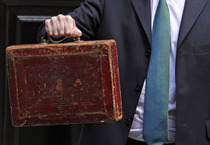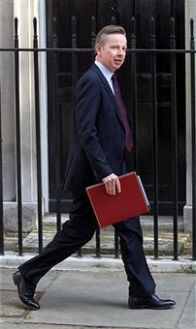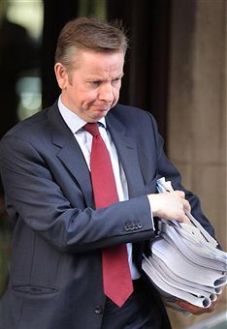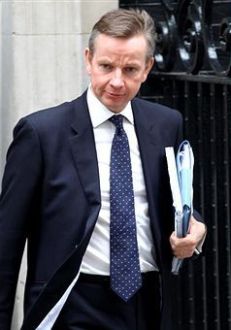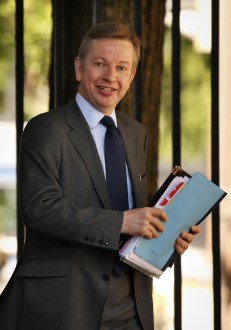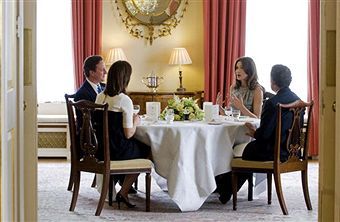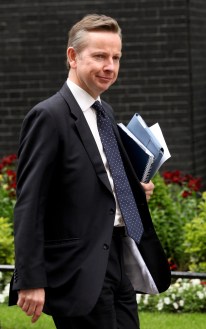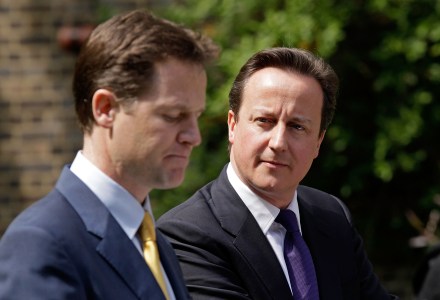What you need to know ahead of the Spending Review
This is the second of our posts with Reform looking ahead to the Spending Review. The first, on health, can be found here. What is the budget? Education is the biggest area of government spending after welfare and health, totalling £89 billion in 2010-11. This budget increased by 64 percent in real terms between 1999-00 and 2010-11. Total, per-pupil school spending doubled in real terms over the same period. Where does the money go? Expenditure on schools was £46 billion last year. The vast bulk of school spending goes on people: the average school spends 78 percent of its budget on staff. The byzantine arrangements for school funding mean that
